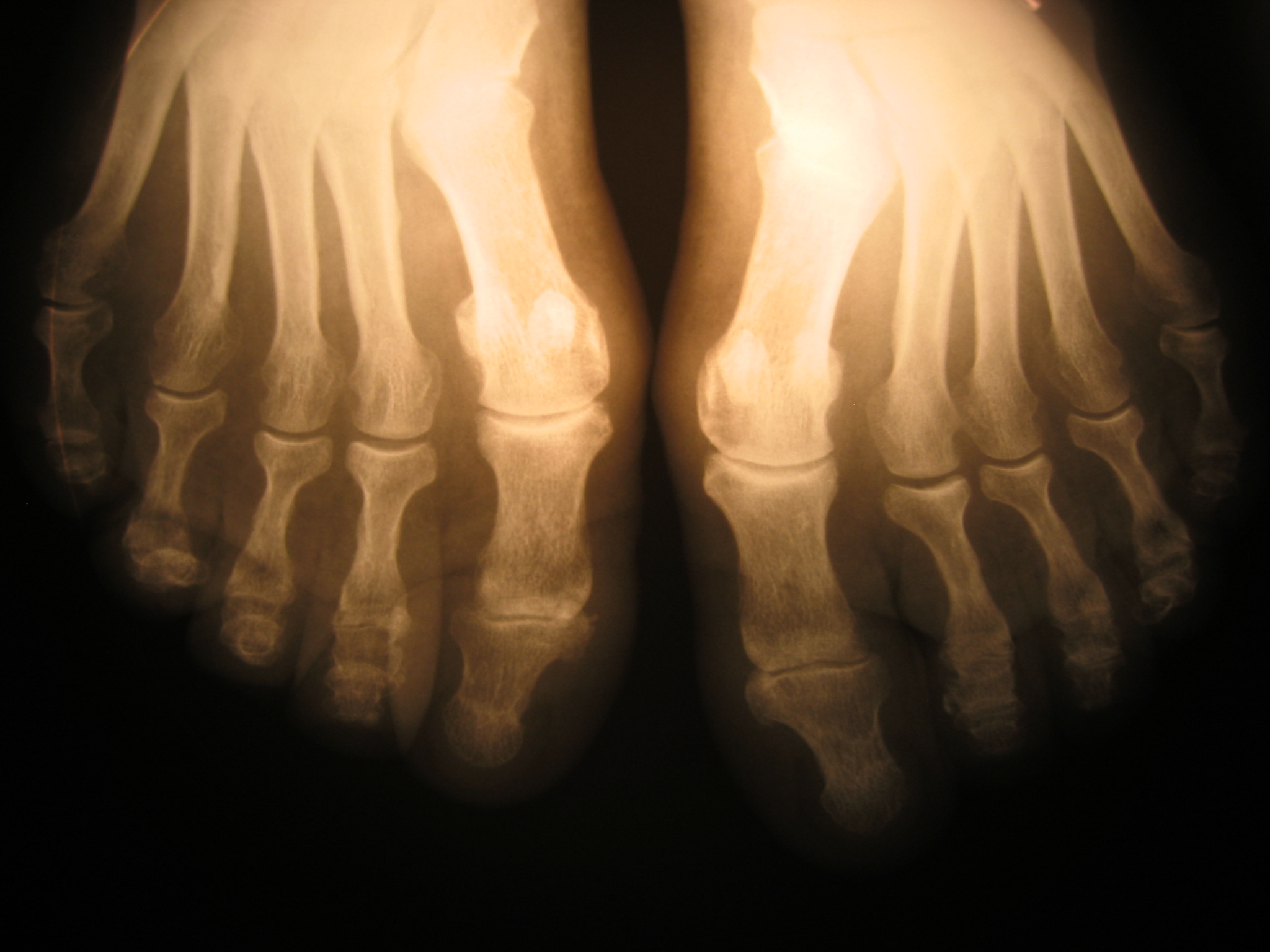
TUESDAY, Sept. 6 (HealthDay News) — Women who take nonsteroidal anti-inflammatory drugs (NSAIDs) such as ibuprofen during the first stage of their pregnancy may be upping their risk of miscarriage, new research suggests.
“We’re seeing a 2.4-fold increased risk in spontaneous abortion following early use of NSAIDs during pregnancy,” said Anick Berard, senior author of a paper published in the Sept. 6 issue of the Canadian Medical Association Journal.
Although the study was not a randomized, controlled trial — considered the gold standard of science — Berard thinks the results are due to the medication and not some other, unrelated factor.
“We went through a lot of pain and misery to make sure what we’re seeing is due to the drug and not a consequence of symptoms [of an underlying illness] or risk attributed to rheumatoid arthritis, for example,” said Berard, who is director of the Research Unit on Medication and Pregnancy at St. Justine Hospital in Montreal.
And while the study only looked at prescribed NSAIDs, Berard believes the risk would also be present in over-the-counter NSAIDs.
Rheumatoid arthritis, lupus, migraine and various other conditions are routinely treated with pain-killing NSAIDs. The drugs are also used for pain relief in people who don’t have chronic underlying illnesses and are one of the most commonly used medications both outside and during pregnancy.
Physicians already shy away from using NSAIDs in later stages of pregnancy because they can interfere with healthy development of fetal circulation, said Dr. Joseph I. Fernandez, division director of obstetrics and gynecology at Scott & White Healthcare in Round Rock, Texas.
Berard and her colleagues looked at a different time of pregnancy: the first 20 weeks.
The study incorporated data on almost 5,000 women in Quebec who had miscarried and compared these women with 50,000 women who had not miscarried.
In general, women who had used NSAIDs during this earlier part of pregnancy had a 2.43-fold increased risk of miscarriage. They were considered to be using NSAIDs if they had filled at least one prescription just prior to being pregnant or in the 20 weeks after conceiving.
Individual drugs had different risks associated with them, the highest being diclofenac, which tripled the risk, naproxen (Aleve), which involved a 2.64-times increased risk and ibuprofen (Advil, Motrin), which carried about double the risk.
Combinations of drugs were associated with a 2.64-times increased risk. That so many of the drugs involved a raised risk indicates a class effect, the authors stated.
Although no one is quite sure how NSAIDs might induce miscarriage, the authors theorized that they may interfere with levels of hormones called prostaglandins, which are involved in inducing labor.
For women who need NSAIDs for occasional pain relief, such as for headaches, “acetaminophen is a good and safe alternative early in pregnancy,” said Berard, who is also professor of pharmacy at the University of Montreal.
Fernandez added: “I tell patients to avoid NSAIDs during pregnancy. For minor aches and pains, we’ll have them take acetaminophen as instructed.”
For women who take NSAIDs on a continual basis — say, for rheumatoid arthritis or lupus — “it is better to plan the pregnancy and discuss treatment options beforehand,” Berard said. “Surprisingly, women with rheumatic diseases improve during pregnancy naturally.”
More information
The U.S. Office on Women’s Health has more on pregnancy.

